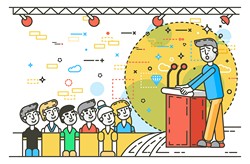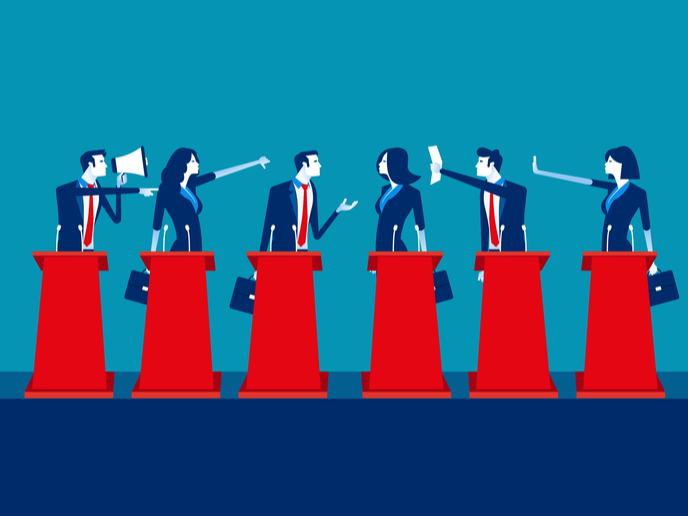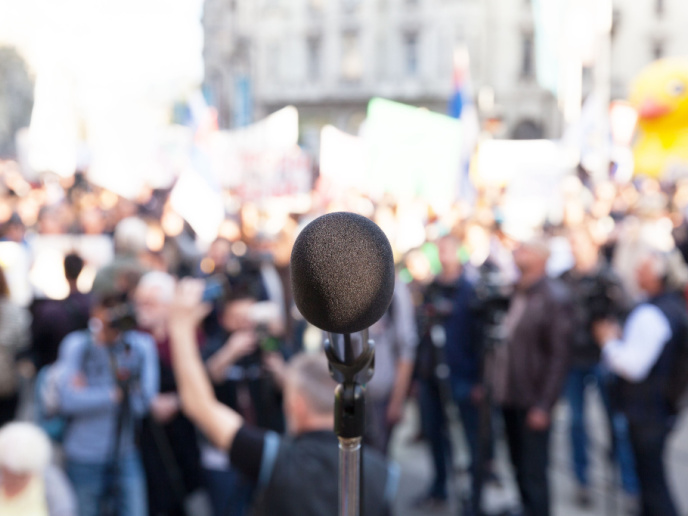Collective learning creates political change
Public deliberation in a collective environment is necessary for shaping collective learning, which contributes to developing better policies and a healthier political landscape. The EU-funded project LEARNINGDEMOI (Ideational change through collective learning: Public deliberation and the decentring and re-centring of structures of meaning) investigated collective learning in the public sphere. It worked on advancing debate on deliberative democratic theory, furthering deliberation in public communication, and strengthening the legitimacy of political decisions and public policies. Current approaches to researching the topic have been focusing on small public groups and specific participatory arenas. In contrast, the project studied spontaneous communicative interactions in the wider public sphere – i.e. beyond specific arenas designed for the sole purpose of improving democratic debate. This was achieved through three real case studies. The first looked at debates and events in Spain from 1987 to 1996 that resulted in the abolition of universal conscription. Similarly, the second looked at debates in Germany from 1987 to 2010 that led to the suspension of military service. For the third case, the project examined debates and events surrounding political discontent in Spain after 2008. The project reviewed and analysed literature and data on public debates in each case study using discourse network analysis techniques and software. This included transcripts of parliamentary debates, laws, policy documents and political manifestos. LEARNINGDEMOI also identified two mechanisms where public communication furthers collective learning in line with deliberative democratic standards. One involves the repeated problematisation of a situation and the related generation of political demands and proposals. The second concerns the creation of windows of opportunity for political entrepreneurs, leading also to collective learning. The project’s outcomes contribute to the debate on political theory and highlight potential deliberative democratic value of non-linear processes of public communication and interaction. They support political theorists in developing a more legitimate deliberative dimension within current democratic systems. The results will help policymakers and political activists understand the deliberative quality of modern democracies and how modern public spheres can be enhanced under non-ideal conditions.







